|
This is part two of my review of the book The God Who Risks by John Sanders. (Part one can be read here.) Sanders is an Open Theist who claims that God does not have exhaustive knowledge of the future and that He learns things and changes over time. I believe that this idea contradicts Scripture which teaches that God knows everything that will happen in the future, that He does not learn new things because He already knows everything, and that He does not change.
0 Comments
About a week ago, I wrote a quick blog post sharing my thoughts as I watched a video on Open Theism. The creator of that video, Warren McGrew, decided to reply to my criticism by inviting Dr. Alan Rhoda to take part in a two-hour live critique of my blog post. I wasn't planning to write anything more on Open Theism (except Part 2 of my analysis of The God Who Risks which is being edited now), but I had some free time this afternoon, so I figured I would respond to this video too. On January 30, 1750, Jonathan Mayhew stood in the pulpit of Old West Church in Boston and preached what was to become one of the most famous sermons in history. The occasion was the 101st anniversary of the death of King Charles I. The challenge that Mayhew addressed before his congregation was the question of whether rebellion against a tyrant was a violation of the Bible's command in Romans 13 for Christians to submit to political rulers.
When considering Jefferson’s famous letter to the Danbury Baptists, most people only consider how the phrase “wall of separation” sounds to our modern ears. To us, this phrase sounds as if it is describing an impenetrable impasse which stands between our nation’s religious institutions and her political institutions. Consider, for example, the following opinion of Supreme Court Justice Felix Frankfurter in McCollum v. Board of Education:
The "thee's" and "thou's" of the KJV are not merely antiquated language. These terms had actually fallen out of use by the time that the KJV was translated, but the translators recognized the need to resurrect this antiquated terminology in order to keep their translation as accurate as possible.
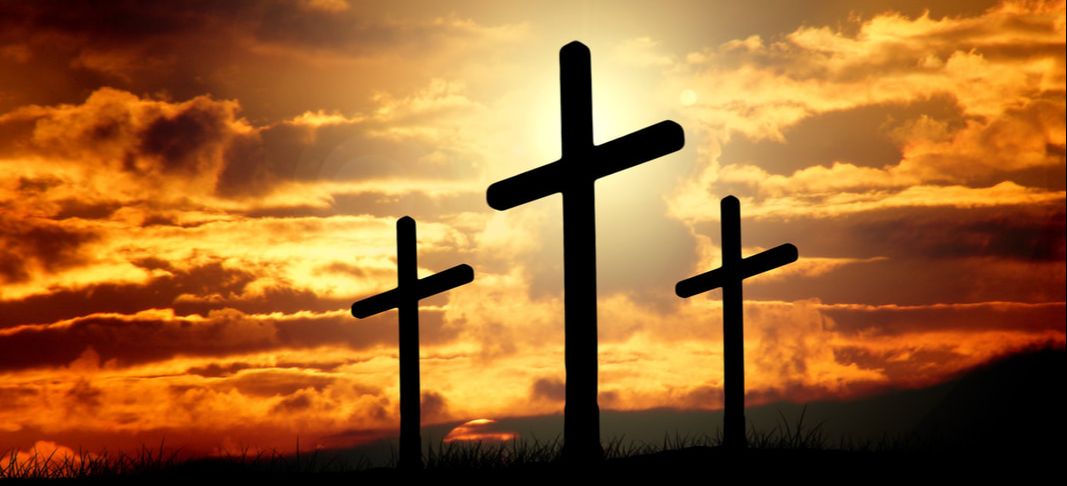 Every year around Easter, my Facebook feed fills up with speculations about the timing of the various events surrounding the death, burial, and resurrection of Christ. I’ve previously addressed questions about the hour at which Christ was crucified and about the timing of the crucifixion in relation to the Passover. In this article, I’ll present a few of the reasons that I believe the crucifixion of Christ took place on a Thursday. What is it that makes an individual a Christian? This simple question has been asked and answered alternatively for nearly two millennia. How one answers this question will have profound implications in his life, his ministry and his future estate. It is imperative that every individual come to a realization of the minimal beliefs with which he must agree in order to obtain salvation.
In the study of logic, there is a fallacy called the no true Scotsman fallacy, and my study of the teachings of Calvinism have lead me to the conclusion that Calvinists fall prey to this same fallacy.
Around this time of year, a lot of Christians try to explain the genealogies in Matthew and Luke by saying that Matthew gives Joseph's genealogy while Luke gives Mary's genealogy. While this is technically true, I think that it causes more confusion than necessary. The proper way to view the two genealogies is not as those of Joseph and Mary but rather as the genealogies of Joseph and Jesus.
One of the most significant debates separating Christians in America is the debate over how to fight against abortion in our nation. On the one hand, there are the mainstream pro-life leaders who argue that the best way to fight against abortion is to wage a war of attrition by passing incremental laws that make more and more abortions illegal until we finally eliminate all abortions entirely. On the other hand are the personhood and abolitionist leaders who argue that the incremental approach is immoral and that we must strive to pass laws which outlaw all abortions without exception. The two paths are irreconcilable. We must choose one or the other, but how do we know which one is right?
|
Bill Fortenberry is a Christian philosopher and historian in Birmingham, AL. Bill's work has been cited in several legal journals, and he has appeared as a guest on shows including The Dr. Gina Show, The Michael Hart Show, and Real Science Radio.
Contact Us if you would like to schedule Bill to speak to your church, group, or club. "Give instruction to a wise man, and he will be yet wiser: teach a just man, and he will increase in learning." (Proverbs 9:9)
Search
Topics
All
Archives
March 2024
|

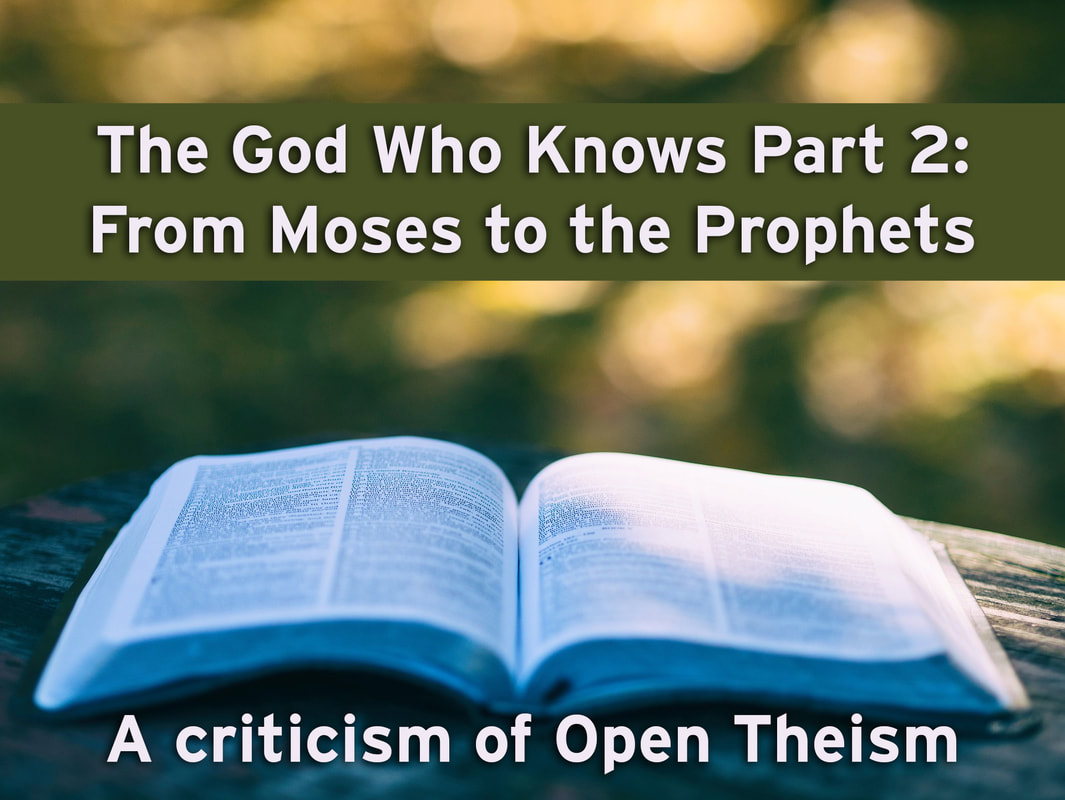
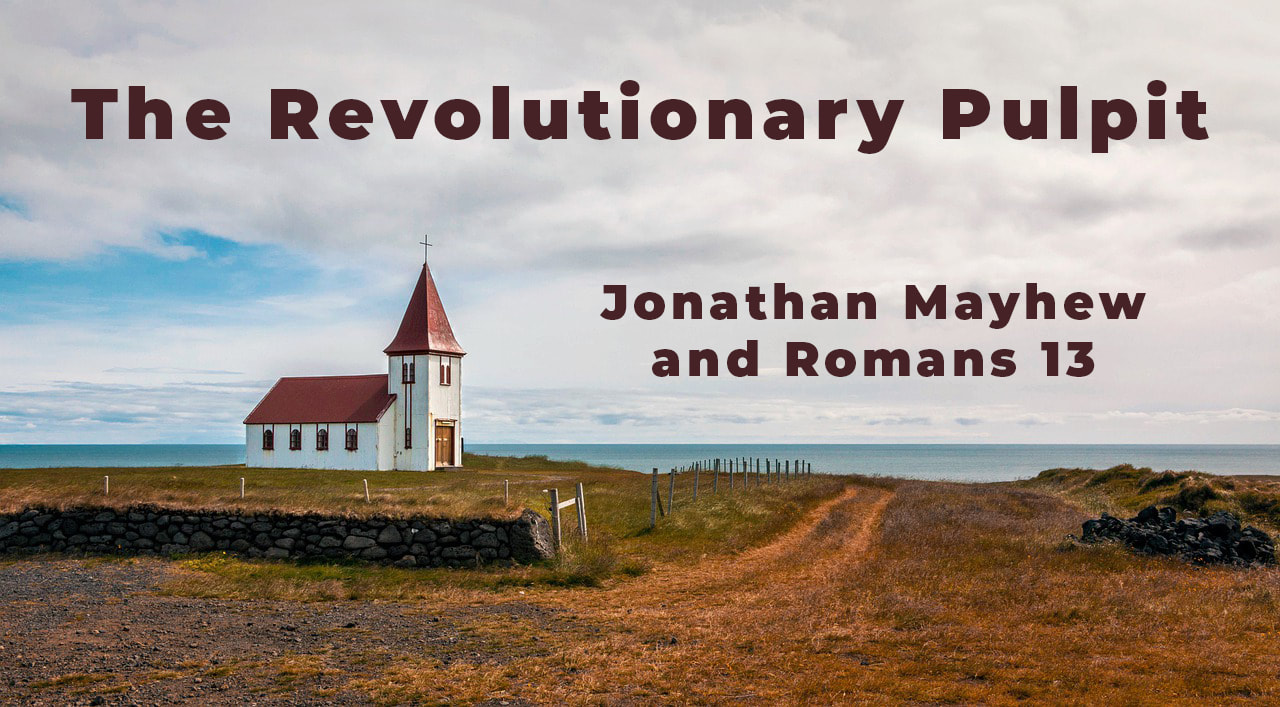

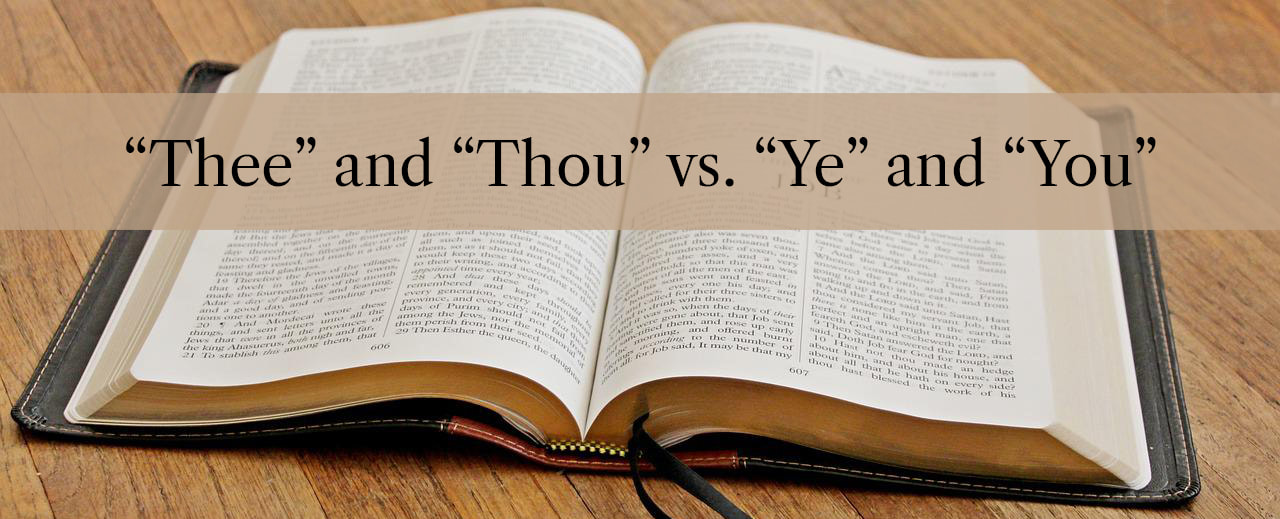
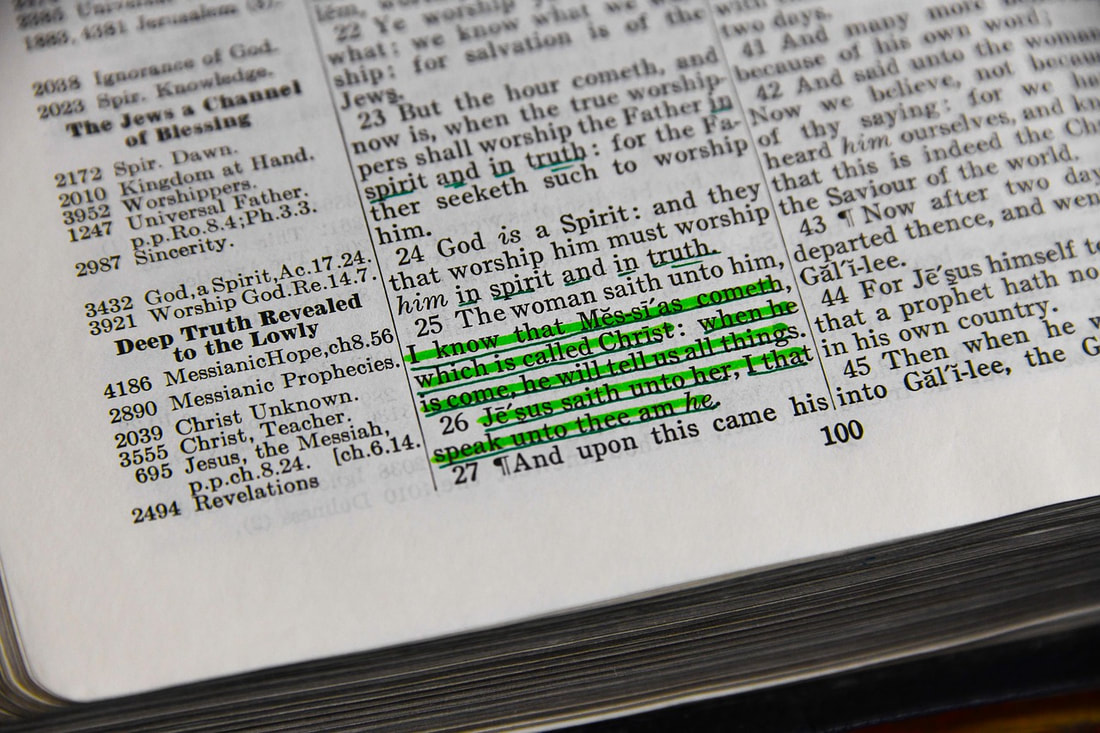
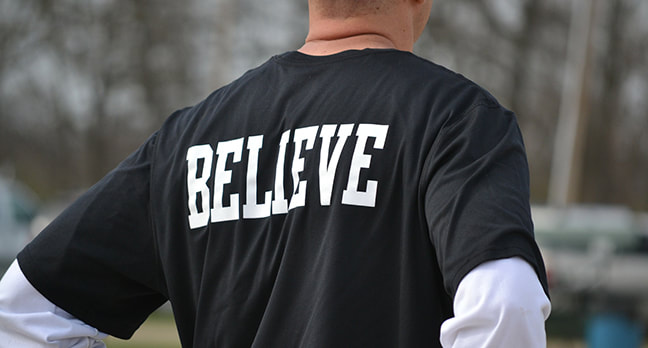



 RSS Feed
RSS Feed